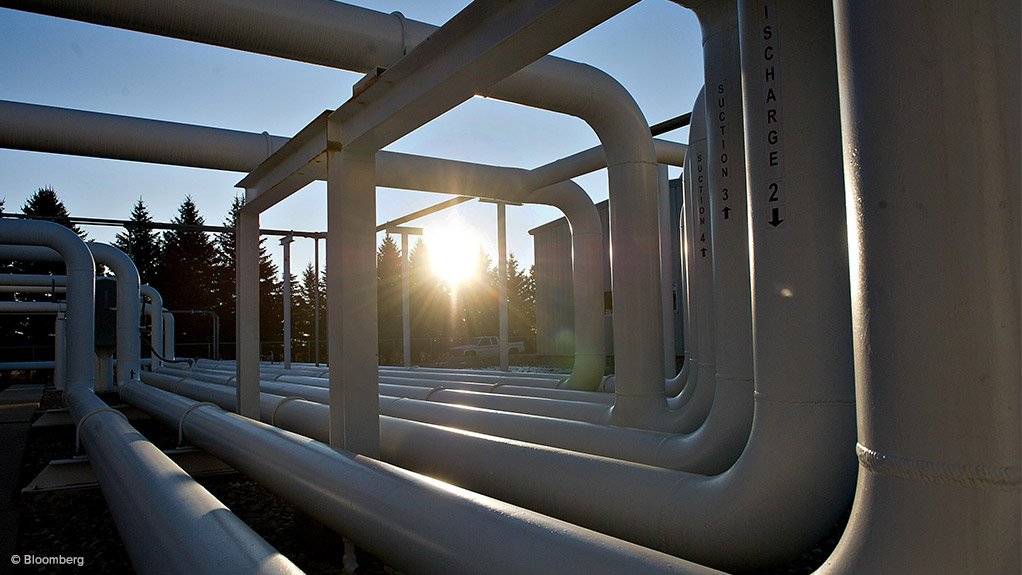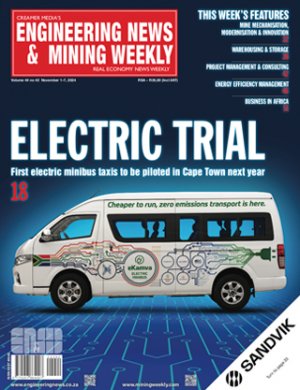The pursuit of piped gas into South Africa from Mozambique could unlock South Africa’s gas economy, says investment and project development company Fortune Capital.
Referring to the African Renaissance Project (ARP), Fortune Capital CEO Nhlanhla Magubane explains that the project is a 2 600 km cross-border terrestrial gas pipeline project, which will transport gas from the offshore and onshore basins to all Mozambique’s major cities, special economic zones and South Africa at a capital cost of $7-billion.
“The indispensable essence of this project is that it provides the potential for South Africa to have energy security, economic growth and development, as well as environmental sustainability. Currently, the project is in an exploratory phase and we are involved in project planning,” he says.
Magubane adds that Fortune Capital’s focus is mainly to ensure that the gas gets to South Africa so that it can stimulate the independent power producer (IPP) market, and the domestic and industrial markets.
“This project will be a game changer for the region, stimulating industrial growth, providing clean and affordable energy, and reducing carbon emissions.”
The prefeasibility study was finalised in February and the findings were positive and determined that the project is fundable, says Magubane. He notes that the final feasibility study started mid-year and will point the project towards the start of construction in about a year’s time.
He adds that there was uncertainty about government endorsement for the project; however, Energy Minister Mmamoloko Kubayi said in a speech at the Gas-to-Power conference held in May, in Cape Town, that diversifying power sources and exploring gas as a viable alternative is a priority in the National Development Plan.
“Natural gas is capable of providing more than just electrical power as, in our assessment, it can also provide direct heat and chemical feedstock for industrial processes, commercial and residential cooking and heating applications, as well as an alternative fuel source for transportation purposes,” said Kubayi.
Magubane points out that government interest is a big advantage, owing to the project relying on the State to be an offtaker for the gas.
He adds that Fortune Capital plans on approaching State-owned power utility Eskom to encourage the use of the ARP’s gas in the IPP programme or converting coal-fired power stations to gas-fired power stations in due time.
“IPP is the way to go and we will support the programme. We see ourselves as an entity that is going to enable power players to access gas, which, before the ARP, was only possible through liquefied natural gas imports with ships and regasifying in South Africa.”
Magubane concludes that, as one of the biggest polluters on the African continent, South Africa needs to convert to a cleaner, renewable power source to ensure sustainability.
Edited by: Zandile Mavuso
Creamer Media Senior Deputy Editor: Features
EMAIL THIS ARTICLE SAVE THIS ARTICLE
ARTICLE ENQUIRY
To subscribe email subscriptions@creamermedia.co.za or click here
To advertise email advertising@creamermedia.co.za or click here













